In today’s fast-paced world, industries must continuously evolve to remain competitive. One of the most effective ways to future-proof businesses is by integrating AI and data-driven solutions. From logistics to education and healthcare, AI is reshaping how industries operate and deliver value. This blog post explores how embracing AI and data can help industries innovate, optimize processes, and unlock new opportunities.
1. Revolutionizing Logistics with AI and Predictive Analytics 🚛
AI-Powered Route Optimization 📍: AI algorithms are transforming the logistics industry by optimizing delivery routes in real time. Companies using AI for route planning reduce fuel consumption by up to 15% and improve delivery times. This not only lowers operational costs but also enhances customer satisfaction.
Predictive Maintenance with IoT 🛠️: Integrating AI and IoT in logistics enables predictive maintenance of fleets and equipment. By analyzing data from sensors, AI can predict when vehicles need maintenance, preventing costly breakdowns and reducing downtime.
Warehouse Automation 🤖: AI-driven robots and automation systems are increasing warehouse efficiency. From sorting packages to managing inventory, these systems reduce human error and speed up operations, allowing companies to meet growing demand while minimizing costs.
2. Elevating Healthcare with AI-Driven Diagnostics and Personalized Care 🏥
AI in Radiology and Diagnostics 🔬: AI is revolutionizing medical diagnostics by enhancing the accuracy and speed of detecting diseases such as cancer. Machine learning algorithms analyze vast amounts of medical images and patient data, offering diagnostic insights that lead to faster and more accurate treatments.
AI-Powered Drug Discovery 💊: AI is accelerating the drug discovery process by analyzing biological data and predicting how molecules will interact with targets. This approach has the potential to significantly reduce the time and cost required to bring new drugs to market.
Personalized Healthcare with AI 🧬: AI algorithms analyze patient histories, genetics, and lifestyle data to provide personalized treatment plans. This precision in healthcare leads to more effective treatments and improved patient outcomes.
3. Education Meets AI: Creating Adaptive and Personalized Learning 🌐
AI-Enhanced Learning Platforms 📚: Adaptive learning platforms powered by AI are transforming education by customizing learning experiences based on individual student performance. These systems provide real-time feedback, helping educators tailor lessons to students’ unique needs and learning styles.
Virtual Tutors and AI-Powered Assistance 🧑🏫: Virtual tutors use AI to assist students outside the classroom. These intelligent systems offer personalized feedback, answer questions, and provide supplementary materials to improve understanding and retention.
Data-Driven Curriculum Development 🎓: AI and data analytics help educators design curricula that align with student needs and industry trends. By analyzing student performance data and emerging market demands, schools can create relevant, future-focused learning programs.
4. AI in Finance: From Fraud Detection to Wealth Management 💰
Automated Fraud Detection 🔍: AI systems can analyze vast amounts of transaction data in real-time, flagging suspicious activity before fraud occurs. This proactive approach significantly reduces financial losses and increases trust in financial institutions.
AI-Powered Wealth Management 📊: Financial advisors are using AI to develop personalized investment strategies. AI analyzes market data, economic trends, and individual risk profiles to provide tailored financial advice that maximizes returns.
Streamlining Financial Operations 🏦: AI is automating back-office operations, such as loan processing and compliance checks. This automation reduces errors, speeds up transactions, and cuts operational costs, allowing financial institutions to focus on client services and innovation.
5. AI and Sustainability: Redefining Energy and Agriculture 🌱
Smart Energy Management ⚡: AI is playing a key role in optimizing energy consumption. Smart grids use AI to balance energy supply and demand, reducing waste and improving the efficiency of renewable energy sources. AI-powered energy management systems in homes and businesses can reduce energy costs by up to 20%.
Precision Agriculture 🌾: In agriculture, AI and data analytics are transforming farming practices. AI-powered drones and sensors monitor crop health, optimize irrigation, and predict weather patterns, allowing farmers to make data-driven decisions that improve yields while reducing environmental impact.
Supply Chain Optimization 📦: AI helps optimize agricultural supply chains by predicting demand, reducing food waste, and ensuring efficient distribution. This technology ensures that fresh produce reaches consumers while minimizing spoilage and transportation costs.
Conclusion: AI as the Catalyst for Industry-Wide Transformation As AI and data-driven technologies continue to evolve, they are transforming industries by optimizing operations, enhancing customer experiences, and driving innovation. Whether in logistics, healthcare, education, finance, or agriculture, businesses that adopt AI solutions are better positioned to thrive in the future.
